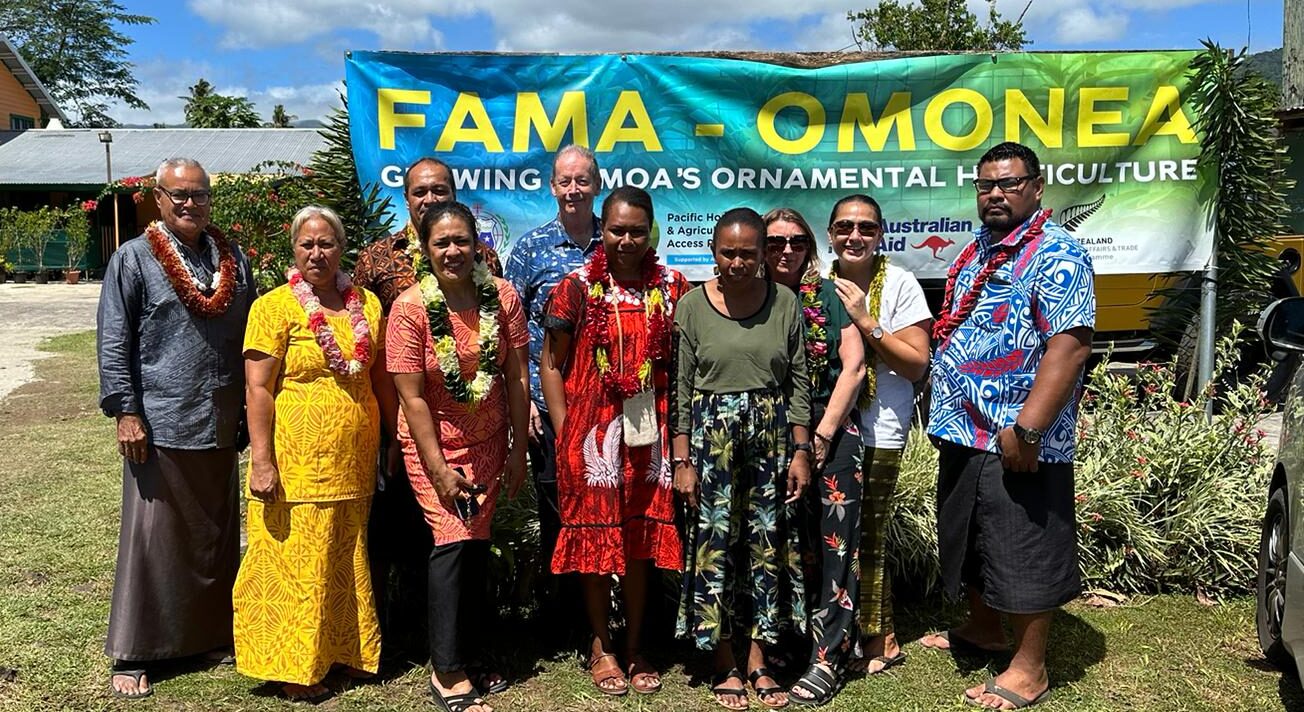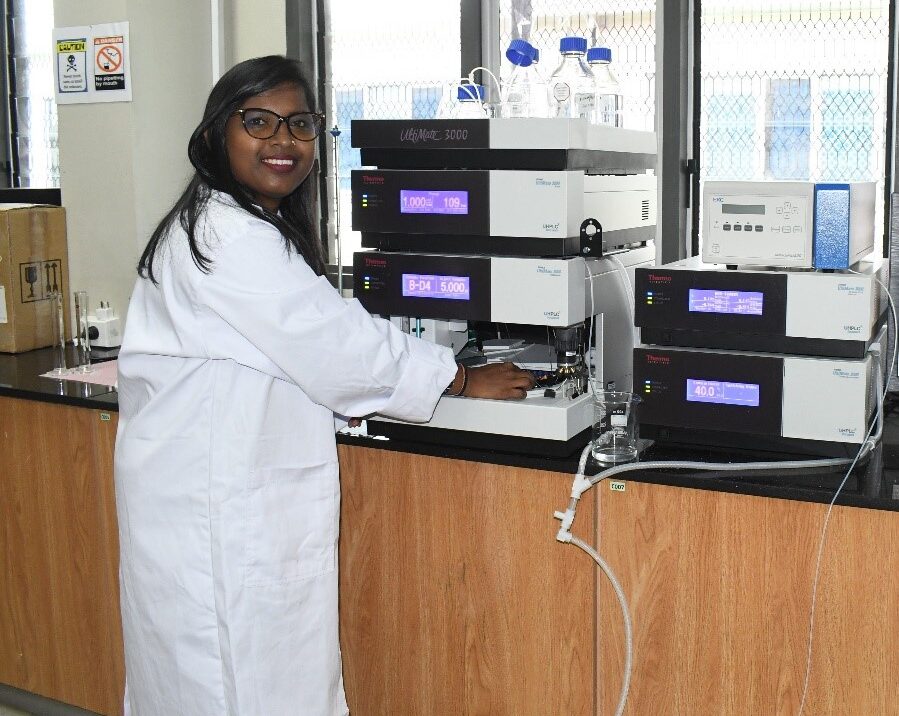INCLUSION
INCLUSION
Pacific market systems are not equal. Men, women, people with disability, youth, and RC experience market systems differently, and often perform pre-determined roles that reflect existing socio-cultural norms and values. There is an opportunity to nudge these practices forward through the introduction of new business models and approaches to create more inclusive market systems – a win-win outcome – with marginalised groups having the opportunity for empowerment, and businesses gaining access to a bigger pool of resources with a more diverse set of skills and experiences.
We mainstream GEDSI, through deliberate consideration, in all aspects of our, including activity and partnership planning, program operations, governance, communications, monitoring and results management, guided by the PHAMA Plus Gender Equality, Disability and Social Inclusion (GEDSI) Strategy.
The PHAMA Plus GEDSI Strategy – in a coconut shell
PHAMA Plus adopts a twin-track approach to GEDSI – whereby we mainstream GEDSI through deliberate consideration in all aspects of our work, including activity and partnership planning, program operations, governance, communications, monitoring and results management. We also develop targeted interventions that are specifically designed to address persistent challenges and barriers holding women, people with disability, youth, and RC back from fully participating in agricultural value chains.
Our Strategy has three core objectives:
- Women, people with disability, youth, and RC participate, and benefit from, program investments.
- PHAMA Plus contributes to the business case for GEDSI and promotes awareness and capacity to address GEDSI with our key partners.
- PHAMA Plus contributes to the development priorities and goals of Australia, New Zealand, and each of our partner countries related to GEDSI, including women’s economic empowerment.



